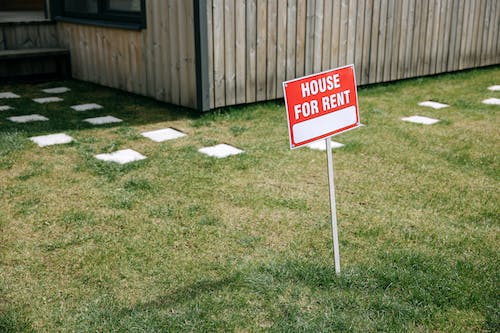
Finding a suitable rental can be difficult. Whether you’re looking to relocate or just find a vacation rental, there are several options available. But be warned, some of the offers are posted by scammers. Renters should be cautious of certain offers and always do research before paying any money to obtain a rental. Rental scams are far too common and the devastating results can leave victims fighting to recover their money.
How Rental Scams Work
Typically, schemers advertise rental homes in places where you’d commonly look for rentals: in newspapers, online ads, social media ads, or through rental listing companies. They commonly offer unbelievably low rental rates. Some of the advertisements boast of lavish amenities to lure in prospective renters. Scammers have even hijacked actual rental listings by copying legitimate ads and adding their contact information or even taking over the email accounts of actual property owners that appear on reputable rental websites. The goal of the scammers is to get money before anyone finds out their listings are bogus.
The scammers often ask for renters to wire money for application fees, security deposits, vacation rental fees, or the first month’s rent. Or they’ll ask for payment through payment apps such as CashApp, Chime, Venmo, etc. They want payment before you’ve even seen the property. This is a tell-tale sign of a scam.
If you can’t meet in the property owner's or management company's office or see the rental property before you pay, look elsewhere.
Before paying anyone for a rental, look for these common red flags:
- Vague details about the rental
- The rental price is far below the typical rental rate
- Payment is required before you can see the property
- The owner is out of the country
- You can’t verify the address
- Pressure to sign a lease or pay right away
- Refusal to show you the place before signing an agreement

Tips For Renting a Property
If it sounds too good to be true, it probably is. Research and compare the listing price to similar properties in the area. If the listing price is considerably lower than similar rentals, it could be a scam. Always visit the property and check it out before agreeing to rent. Review the lease agreement thoroughly before signing and don’t pay any deposit or first month’s rent before the lease is signed by both parties. Get a copy of the rental agreement for your records. Never wire money or send funds to someone for a rental that you have not vetted. This is the quickest way to lose your money and it is often impossible to recover the money sent. Consider using the services of a licensed real estate broker or other real estate professional in your search for a rental.
Reporting Scams
If you’ve encountered or suspect you’ve been scammed, contact your local law enforcement agency to report the incident. Give as much detail as you can recall and any documentation you have. You should also alert the website or source where you saw the rental advertised so they can conduct an investigation. You can also file a complaint with Business Consumer Alliance (BCA). Lastly, report the scam to the Federal Trade Commission.
For a list of Real Estate Professionals, visit www.checkbca.org. Follow BCA on our Facebook to stay updated on scam alerts and for helpful consumer tips.
About Business Consumer Alliance
Business Consumer Alliance (BCA) is a non-profit company that started in 1928. The broad purpose of BCA is to promote business self-regulation. BCA's mission is achieved by assisting consumers in resolving complaints with businesses and using that complaint information, along with other relevant information such as customer reviews, to forecast business reliability. With community support, BCA can identify trustworthy and ethical businesses and warn the public to avoid unscrupulous businesses whose purpose is to defraud the marketplace. BCA also helps businesses promote themselves by providing services and tools to protect their business and reach out to their customers. BCA obtains its funding from member businesses who support the mission and purpose of the organization and who agree to abide by high standards of ethical business practices.